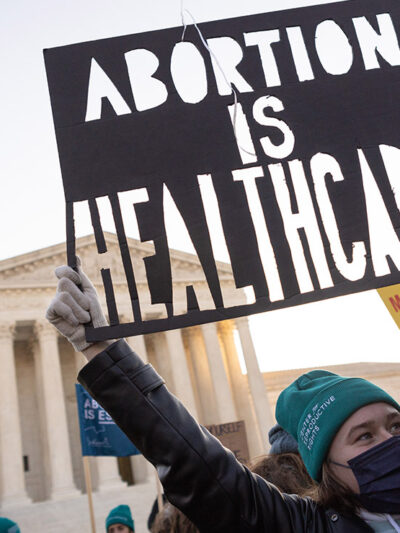News & Commentary
Feb 10, 2025
State House Dispatch: Feb. 10, 2025
A dangerous abortion ban, more attacks on trans kids, and a DEI ban with a long list of sponsors
By Paul Bowers

Mar 15, 2023
What is Mifepristone and Why is it Essential to Abortion Access?
Here are five facts to know about medication abortion, and why it’s a critical part of our fight for abortion access.
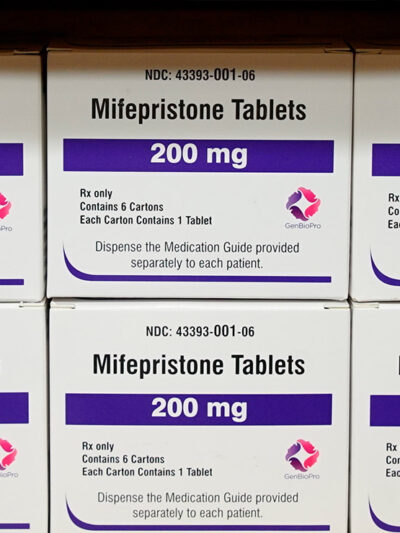
Mar 14, 2023
No One Should Face the Death Penalty for Accessing Health Care
If anti-abortion politicians think they can push laws to criminalize abortion without a fight, they are sorely mistaken.
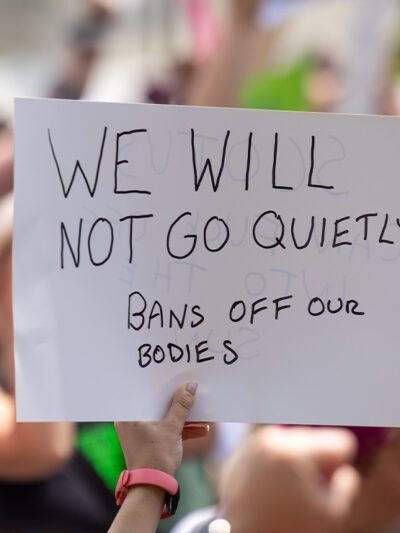
Jan 18, 2023
The Intertwined Future of Attacks on Abortion and Gender-Affirming Care
We’re poised to fight back against state legislative efforts to control our bodies and limit access to essential health care.
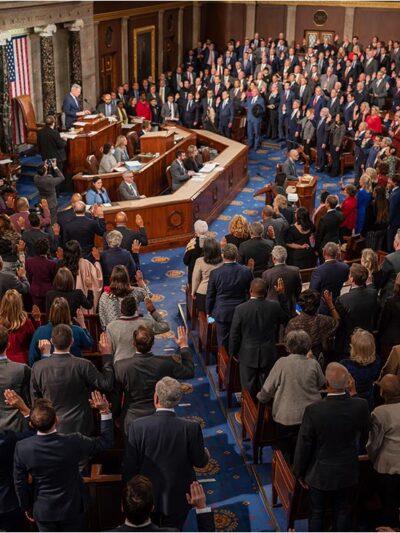
Jun 18, 2022
End Forced Pregnancy
If Roe v Wade (Roe) is overturned, South Carolina lawmakers will attempt to further prohibit or severely restrict abortion. Laws that prevent people from making their own decisions about whether to continue a pregnancy or have an abortion amount to forced pregnancy.
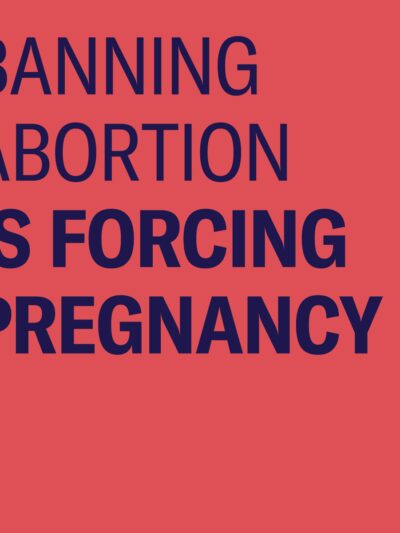
May 17, 2022
Impending Threat of Abortion Criminalization Brings New Urgency to the Fight for Digital Privacy
As the Supreme Court nears a ruling that could allow abortion to be criminalized by politicians, privacy activists and lawmakers must shift our approach in the states.
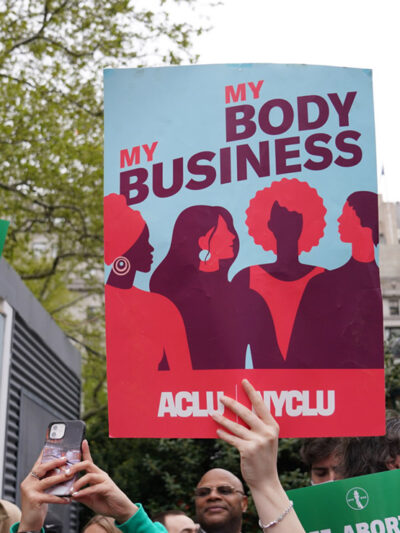
May 12, 2022
Six Ways You Can Join the Fight for Abortion Rights
This is a perilous moment for our rights, but there are still ways to take action to support and protect abortion rights
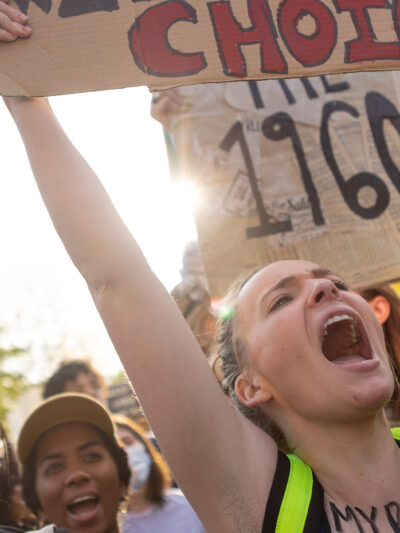
Stay Informed
Sign up to be the first to hear about how to take action.
By completing this form, I agree to receive occasional emails per the terms of the ACLU’s privacy statement.
By completing this form, I agree to receive occasional emails per the terms of the ACLU’s privacy statement.

